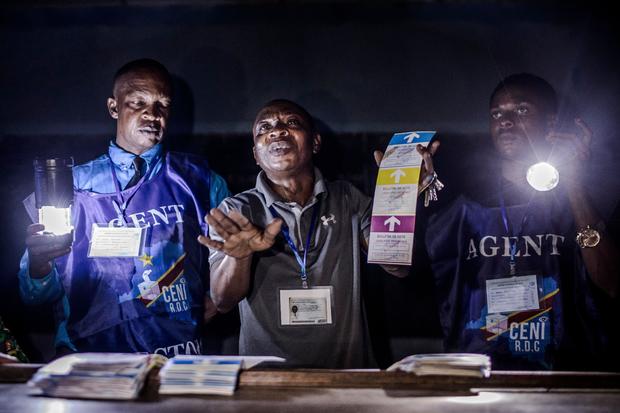U.S. sends troops in response to possible "violent" demonstrations in Congo
President Trump announced Friday evening that U.S. troops had been sent to Gabon to protect U.S. assets in the Democratic Republic of Congo, which is awaiting the first results of its presidential election.
Mr. Trump wrote in a letter to House Speaker Nancy Pelosi Friday that around 80 personnel had been deployed to the capital of Gabon, which borders Congo, "to be in position to support the security of United States citizens, personnel, and diplomatic facilities" in Congo's capital.
"This deployment of approximately 80 personnel is in response to the possibility that violent demonstrations may occur in the Democratic Republic of the Congo in reaction to the December 30, 2018, elections there," Mr. Trump wrote, adding that the first of the American forces had arrived on January 2.
"These deployed personnel will remain in the region until the security situation in the Democratic Republic of the Congo becomes such that their presence is no longer needed," he added.
The country's Catholic church has warned about a popular "uprising" if false election results are announced, according to The Associated Press.
Election observers in Congo have raised concerns about potential voting irregularities in the race to replace longtime President Joseph Kabila. The U.S. has increased sanctions on people close to Kabila during the Trump administration in an effort to persuade the Congolese president to act more democratically. The U.S. has also threatened sanctions against those who undermine the democratic process in the election, according to The Associated Press.
Mr. Trump's announcement regarding U.S. troops indicates the U.S. is concerned with the safety of American officials and facilities in Congo, not with the electoral situation itself.
"This action was taken consistent with my responsibility to protect United States citizens both at home and abroad, and in furtherance of United States national security and foreign policy interests, pursuant to my constitutional authority to conduct United States foreign relations and as Commander in Chief and Chief Executive," Mr. Trump wrote.




